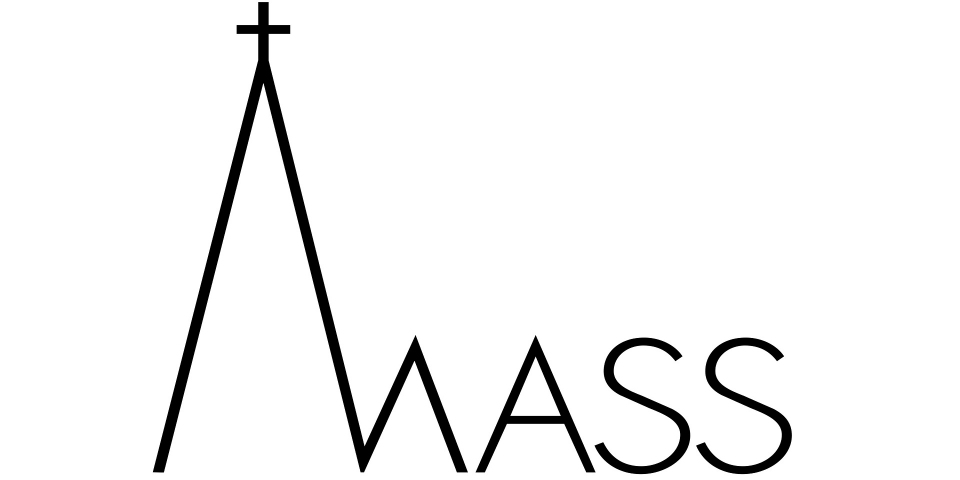
I needed a day to think about yesterday afternoon’s concert before writing a wrap-up. There was so much to ponder, and I also wanted some audience statistics, which were tabulated and arrived this afternoon. The concert was a grand success by every measure: it was profoundly rewarding to offer this challenging program, and the five-minute ovation that followed from the near-capacity crowd was deeply humbling. I think the concert also exhibited several enviable synergies throughout our organization, and pulled together several facets of our mission in a new and compelling way.
For one, it was a treat to be joined by the Bel Canto Children’s Chorus of the Bach Choir of Bethlehem, with whom were are sharing in joint due-dilligance for the possibility of a merger. The kids were fantastic – it was lovely to have them join us for Bach’s epic motet, Jesu, meine Freude, BWV 227. They brought lovely color and tone to the chorale movements of the motet, and we greatly appreciated their energy. Likewise, it’s hard to imagine MASS without their youthful exuberance, particularly in the Simple Song and the Sanctus. Diane DiLabio, a member of the Chorus had an extended duet with Isaiah Bell at the end of the work, and her singing was breathtakingly beautiful and remarkably poised.
Our timpanist, Dr. Christopher Hanning, brought four of his students from West Chester University to help him with the extensive and challenging percussion parts in the Bernstein. As someone who enjoyed playing percussion in high school, watching them devour the challenges of the score and play with such finesse and bravery was such a thrill. In particular, Jennifer Cho’s commanding presence at the timpani during the Gloria was absolutely enthralling (I had to labor not to watch, as the choral part of that movement was daunting enough).
It was strange to see the orchestra personnel listed in the program, and see parts for electric guitar and electric bass. Particular kudos to bassist Mark Wade, who brought our continuo group into the 21st century. It was also a treat to have Lehigh University’s orchestral conductor Eugene Albulescu at the piano- like the percussionists, Eugene knows how to count, and he got a demanding workout. He also brought out many colors and textures in the piano part. Eugene has been a stalwart supporter of The Choir – in fact, our Spring Concert of 2015 was an exhilarating collaboration with the LU Philharmonic, principal players from the Bach Festival Orchestra, and some talented choirs in the community. What a pleasure to have our accomplished friend in our orchestra.
Speaking of the orchestra, it was such a delight to hear our fine assembly of baroque experts demonstrate another facet of their artistry in the kaleidoscopic music of Lenny. There are moments of such solemnity, then moments that evoke his other works, including West Side Story, the Chichester Psalms, and even Candide. They were spectacular instrumental shape-shifters, always exuberant, tremendously flexible, and full of sensitivity to one another and the singers. Tom Goeman’s continuo playing (on the piano for the Bach, no less) and the organ for the Bernstein, was suave and sensitive, as well. Hearing him enter the texture in Simple Song, added a timeless quality to music, deeply enriching the colorful sonorities.
We were delighted to welcome the fearless coloratura soprano, Barbara Kilduff, to ascend into the stratosphere in Bernstein’s punishing and aleatoric Kyrie. It’s a page of her singing alone at the top of her range (with just a tiny bit of color from percussion), and then the choir’s sopranos join, in another key, and begin some challenging Bernsteinian ululations in Greek. Barbara was commanding, unflappable, and tremendously compelling as she deftly managed the challenges of her part.
One of The Choir’s tenors, Lane McCord, joined Isaiah in a similarly difficult moment at the end of the sing, I don’t know. Last heard as Prince Charming in Warren Martin’s The True Story of Cinderella, Lane acquitted himself, again, marvelously. I was also so proud of my colleagues in The Choir, who dove into this challenging music with great purpose and courage (it’s maybe a little out of our collective wheelhouse, after all…).
Even with such a long list of acknowledgments, there remain two individuals who took this performance to rarified heights. The first, the exceptional tenor, Isaiah Bell. Last year, we all marveled at his singing of the Erwäge from the St. John Passion. I had a really hard time imagining it sung better, and have combed my extensive recordings of the work to verify. I knew that he’d do the Bernstein very well, but also knew that the tenor solos in the work usually go to someone a little more disposed towards the musical theatre side of the vocal spectrum. Would someone with Isaiah’s polish and refinement sound at home in that neighborhood? The answer is another question: will anyone else ever sing it as well as he did? Seriously. He was completely uncompromising, and every facet of his artistry was put to use for the purpose of communicating Bernstein’s conflict between faith and doubt. If the libretto can feel a little clunky and dated, it was also completely redeemed by Isaiah’s fearless performance. As a church musician, I can be pretty snobby about this terrain, and when Isaiah navigated the trope in the Credo, ascending higher and higher in his range, with the full orchestra swinging beneath him, fairly taunting the Almighty like a latter-day psalmist, it was one of the most powerful musical moments of my year, full stop. Please mark my words: Isaiah is already well on his way to being one of the great tenors of our time.
As a preface to my last plaudit, I recall the time one of my college professors remarked that putting on a fully-staged performance of MASS at his church in Los Angeles, “damn near killed me,” and that the event closed that chapter of his career. At the time, I thought it was a slightly strange hill do die on, but now I think I understand. MASS is a powerful reflection of Bernstein’s musical and spiritual psyche, and to harness its energy is to come to grips with all of the various facets of the man, himself. We sometimes forget that Bernstein the composer was only equalled in talent, genius, and stature by Bernstein the pedagogue, and Bernstein the interpreter, and Bernstein, the exhilarating and (at times) maddening human being. The inner-strife and conflict can be seen on a continuum with those of his own idols, Mahler and Beethoven. In a sense, MASS can very much feel a product of its time, but, on Sunday afternoon, it felt both timeless and timely. For that, we have Greg Funfgeld to thank – his vision in taking this on, in challenging himself to master all of the rhythmic permutations and complexity of the score, in connecting with the composer with his trademark depth and insight, and in shepherding a group of musicians who don’t often perform this kind of music, reaped extraordinary dividends. I hope he found that the lengthy ovation at the work’s conclusion conveyed some sense of our collective gratitude for his leadership on this remarkable musical and spiritual journey.
Steve Siegel covered this concert extensively in the Morning Call, with a preview, a local color piece, and, finally, a glowing review. We are most grateful for his enthusiastic previews and his insightful and fair reviews. Arts coverage in markets the size of the Lehigh Valley are often a luxury, and we’re so lucky to have Steve cover us.






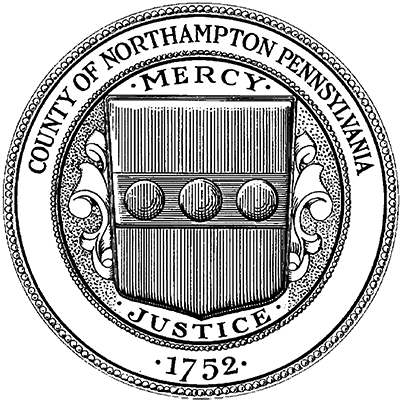









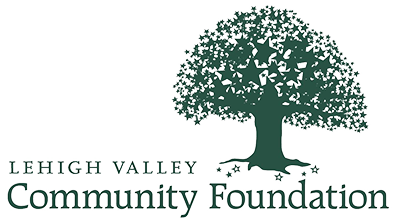















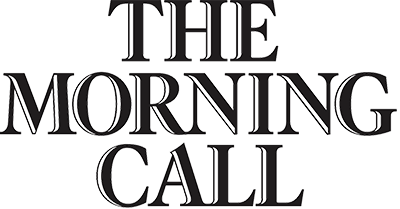


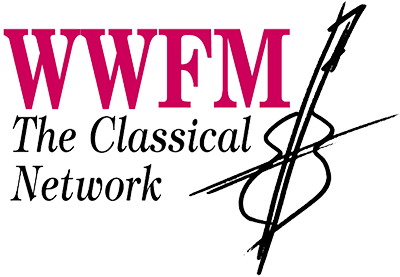



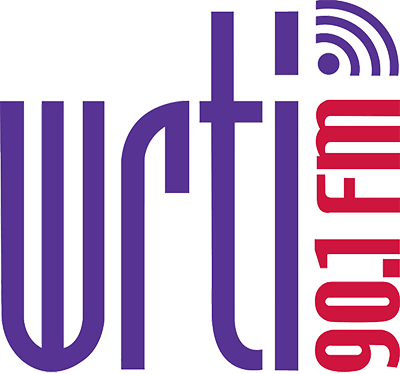


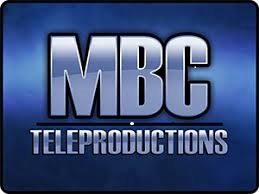
We are so lucky and privileged to be able to make this music together! Thanks to all.